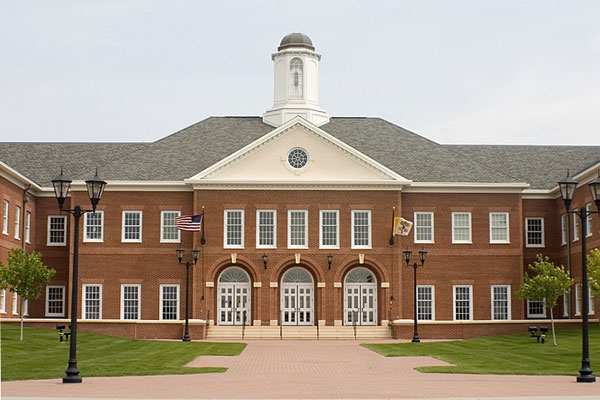Investing in Tomorrow: Understanding the Long-Term Returns of a Private School Education
In an increasingly competitive global landscape, the decision of where to educate one’s child is one of the most significant investments a family can make. For many, private school near Palo Alto education represents a pathway to enhanced academic rigor, specialized opportunities, and a strong foundation for future success. However, the substantial financial commitment often associated with private schooling prompts a crucial question: What are the long-term returns of a private school education? This article will explore the multifaceted benefits that extend far beyond the classroom, examining academic, professional, and social advantages that contribute to a compelling long-term return on investment.
Academic Excellence and Higher Education Pathways
One of the most frequently cited reasons for choosing a private school is the promise of academic excellence. Private institutions often boast smaller class sizes, allowing for more individualized attention from teachers who can tailor their approach to each student’s learning style. This personalized instruction can lead to a deeper understanding of subjects, improved critical thinking skills, and stronger academic performance.
The academic rigor and tailored support often translate into superior outcomes in higher education. Studies and anecdotal evidence frequently suggest that private school graduates have higher rates of college enrollment, particularly in top-tier universities. They are often better prepared for the demands of university-level work, equipped with strong study habits, research skills, and a confident approach to academic challenges. This strong foundation can lead to higher graduation rates from university and a more successful transition into specialized fields.
Professional Advancement and Earning Potential
The long-term returns of a private school education extend significantly into a student’s professional life and earning potential. While direct causality is complex due to various socio-economic factors, research suggests a positive correlation between private schooling and subsequent career success.
Several factors contribute to this potential advantage:
- Enhanced Skill Development: Beyond academic knowledge, private schools often emphasize the development of “soft skills” crucial for professional success. These include critical thinking, problem-solving, communication, collaboration, leadership, and resilience. Through project-based learning, extracurricular activities, and a focus on character development, students gain valuable competencies that are highly sought after by employers.
- Stronger Work Ethic and Discipline: Private school environments often cultivate a culture of discipline, accountability, and a strong work ethic. Students are typically encouraged to take ownership of their learning, manage their time effectively, and strive for excellence. These ingrained habits can translate into greater productivity and commitment in their professional careers.
- Access to Mentorship and Career Guidance: Many private schools invest in robust career guidance programs and offer students access to mentors who can provide insights into various industries and professions. This early exposure and guidance can help students make informed career choices and develop a strategic approach to their professional development.
While it’s important to acknowledge that individual ambition and talent play significant roles, some studies indicate that private school alumni may experience faster pay progression once in high-status employment. This could be attributed to a combination of their academic preparedness, well-developed soft skills, and the networks they build.
The Power of Networks and Alumni Connections
Perhaps one of the most understated yet impactful long-term returns of a private school education lies in the power of its alumni network. Private schools often foster a strong sense of community and loyalty among their graduates, leading to robust and active alumni associations.
These networks provide invaluable opportunities:
- Mentorship and Guidance: Alumni often volunteer their time to mentor current students or recent graduates, offering advice on career paths, industry trends, and navigating professional challenges. This direct access to experienced professionals can be a significant advantage.
- Professional Collaboration and Partnerships: The connections forged within a private school community can extend into professional collaborations and business partnerships later in life. A shared educational background can create a foundation of trust and understanding, facilitating opportunities for mutual growth.
These established networks act as a valuable form of social capital, providing a tangible advantage in an increasingly interconnected world.
Conclusion
Understanding the long-term returns of a private school education requires looking beyond immediate academic results and considering the broader impact on an individual’s life. While the financial investment is considerable, the potential for enhanced academic preparation, improved professional trajectories, invaluable networking opportunities, and comprehensive character development presents a compelling case for its long-term value.






